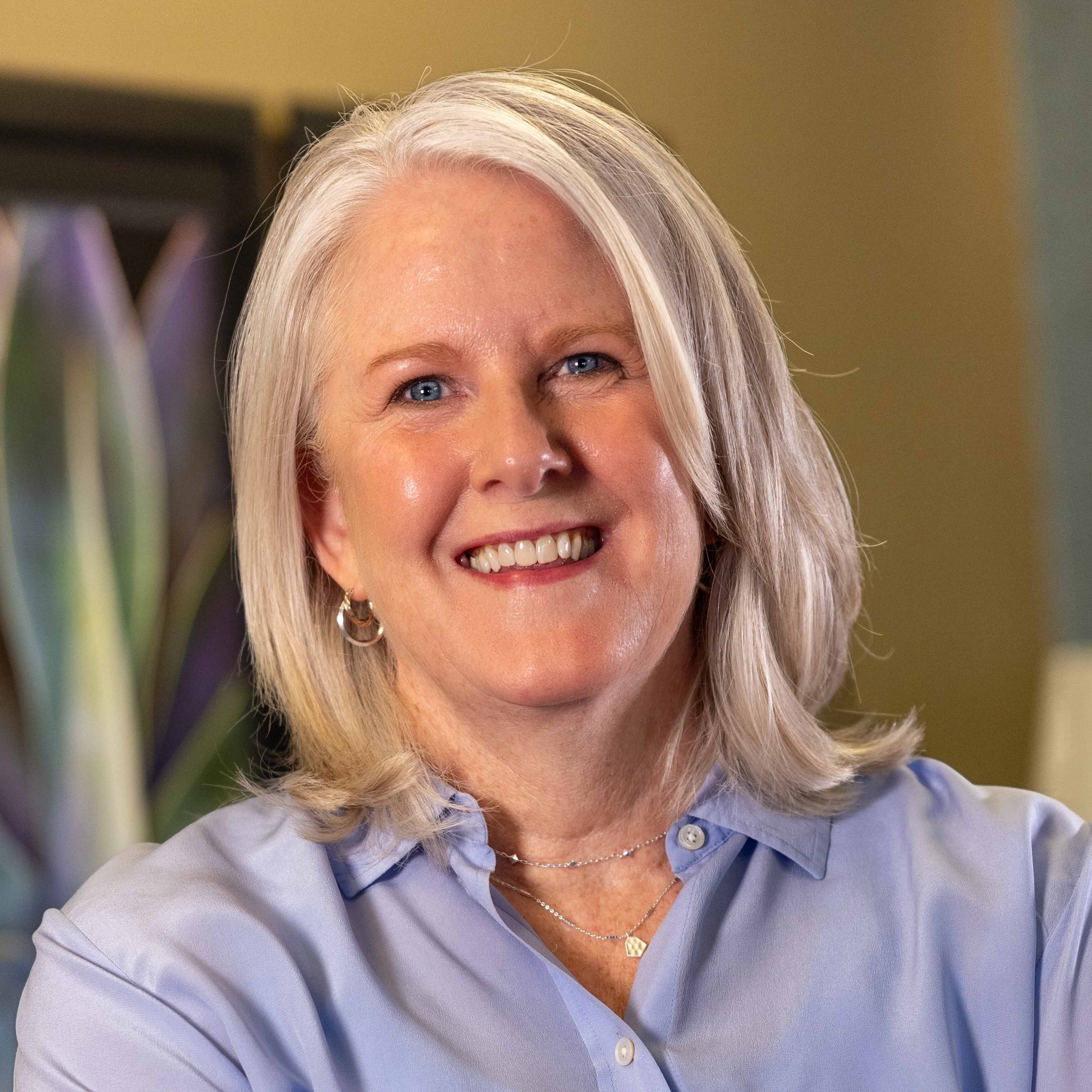In a recent blog, When Caring Gets Complicated: Personal Lessons, I shared what I learned while navigating the challenges of caregiving. What I’ve since discovered is that the surprises don’t stop when caregiving ends. After the loss of a loved one, families often face unexpected financial, administrative and emotional realities that no one prepares you for.
These are the lessons I learned after my mom’s passing — and the practical steps you can take now to ease the burden for those you love.
Why End-of-Life Costs are Higher Than You Think
Most financial plans estimate around $15,000 for final expenses. In my mom’s case, the actual cost was closer to $40,000. Why? Because her end-of-life care involved hospital stays, ambulance rides, assisted living, hospice and rent for her apartment — on top of medical bills.
Even a simple cremation today averages around $3,200. The cost of a traditional funeral and burial now exceeds $8,000 in the U.S. — before factoring in healthcare or housing costs (National Funeral Directors Association).
Planning for $40,000–$50,000 may be more realistic for many families, especially as people live longer and often require extended care.
Estate Surprises: Even Great Plans Can Leave Gaps
My mom had done everything right — she had a trust, a joint account and up-to-date beneficiary designations. Still, gaps remained.
Because she had no probate assets, no executor was appointed — meaning I couldn’t forward her mail. That one detail made it difficult to receive bills and manage her estate smoothly. Using trust documents, I eventually worked around it, but it took months. Even the best planning can leave small gaps that create stress in the moment.
Related reading: The Role of a Personal Representative (Executor): What It Really Takes to Settle an Estate
When Grief Creates “Decision Fog”
Grief often creates a “fog.” That fog can make it hard to face paperwork, deadlines and financial decisions. If you find yourself in that place, lean on professionals — an attorney, a financial advisor or a trusted family member — to help. Delaying things for too long can cause bigger problems down the road.
Family Roles After Loss
Even close families that work well together can face surprises. In my case, some siblings naturally took the lead in planning the funeral mass, while others organized the celebration of life. We hadn’t divided those roles ahead of time, but it worked out in a way that balanced responsibilities.
It doesn’t always work that way. With clients and friends, I’ve seen the opposite — stress or even conflict arise when responsibilities aren’t discussed beforehand. Talking openly about “who does what” before a crisis, can help everyone feel included and reduce confusion later.
What to Do in the First Weeks After a Loss
If you’ve just lost someone, remember: not everything must be handled right away. Focus on the essentials first, and let a professional help you prioritize the rest. Break things into small, manageable steps to avoid becoming overwhelmed.
Steps You Can Take Now
- Keep estate documents current. A will and, in some cases, a trust provide clarity, but remember — beneficiary designations override wills and trusts and should be reviewed regularly.
- Plan for final expenses. Set aside liquid funds or maintain a joint account to cover costs that won’t wait.
- Communicate your wishes. Share documents and talk openly about roles and responsibilities to avoid surprises later.
- Update addresses. Review your tax return to see which organizations send you forms each year and confirm they have your current information.
Closing Thoughts
Even the most organized plans can’t prepare us for every detail. But proactive planning and open communication can ease some of the unexpected burdens that follow loss.
As both a daughter and a financial advisor, I’ve learned that preparation doesn't remove grief — it gives space for it, so you can grieve without feeling overwhelmed by logistics. If you’d like to take the next step, download our free guide, Finances for One: A Financial Guide to Managing Money for Widows or reach out to start a conversation about putting a plan in place for your family.




